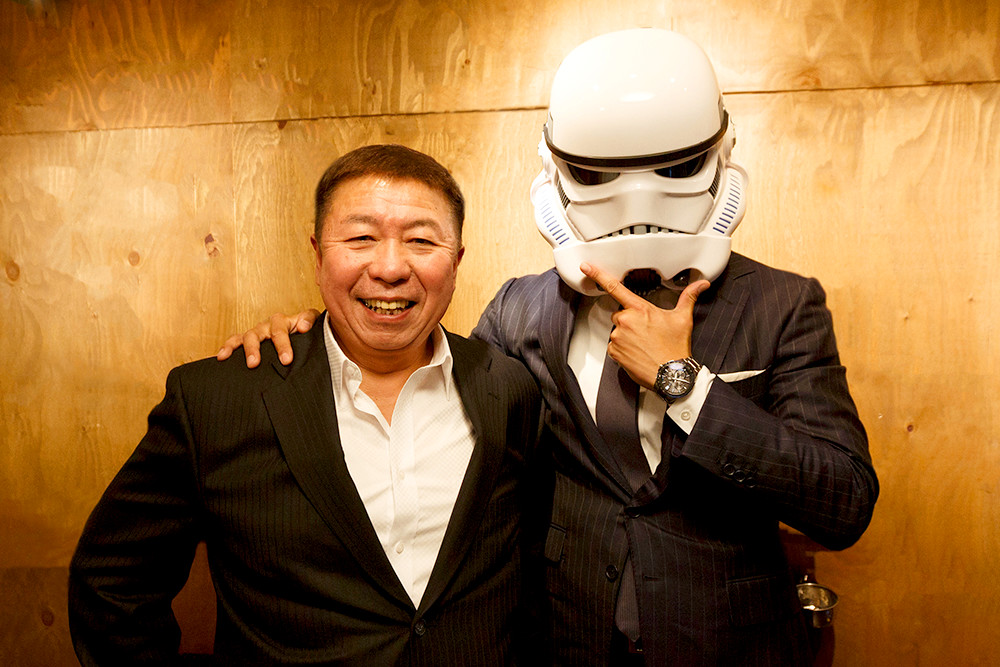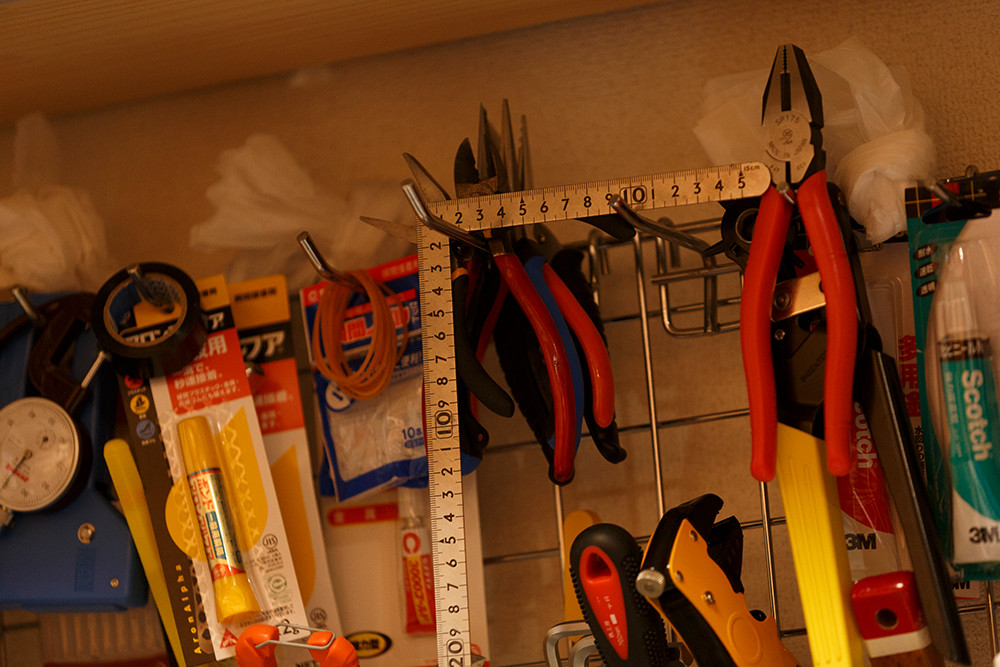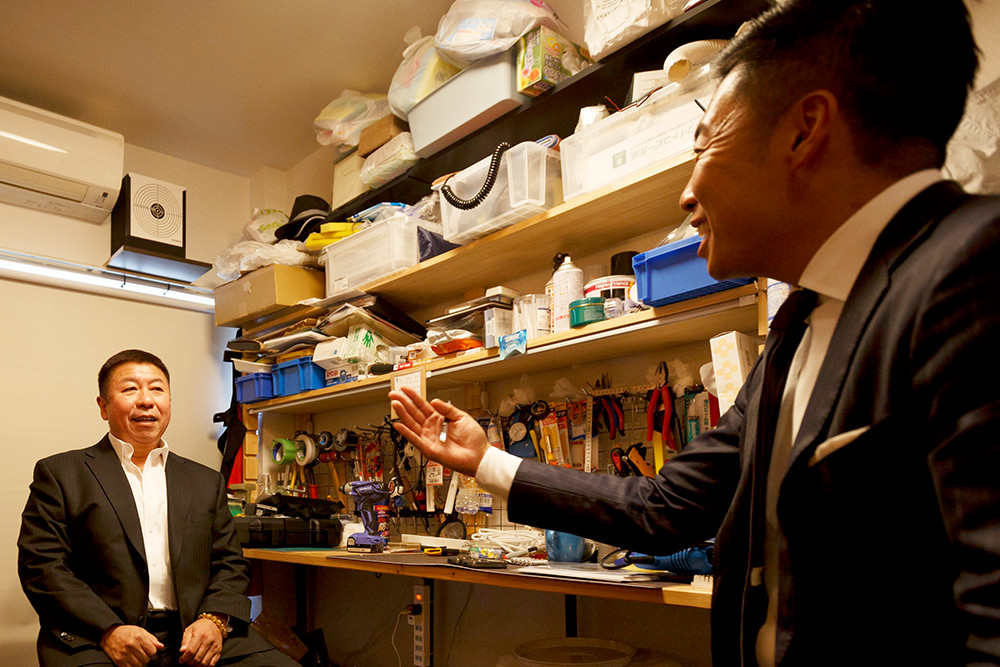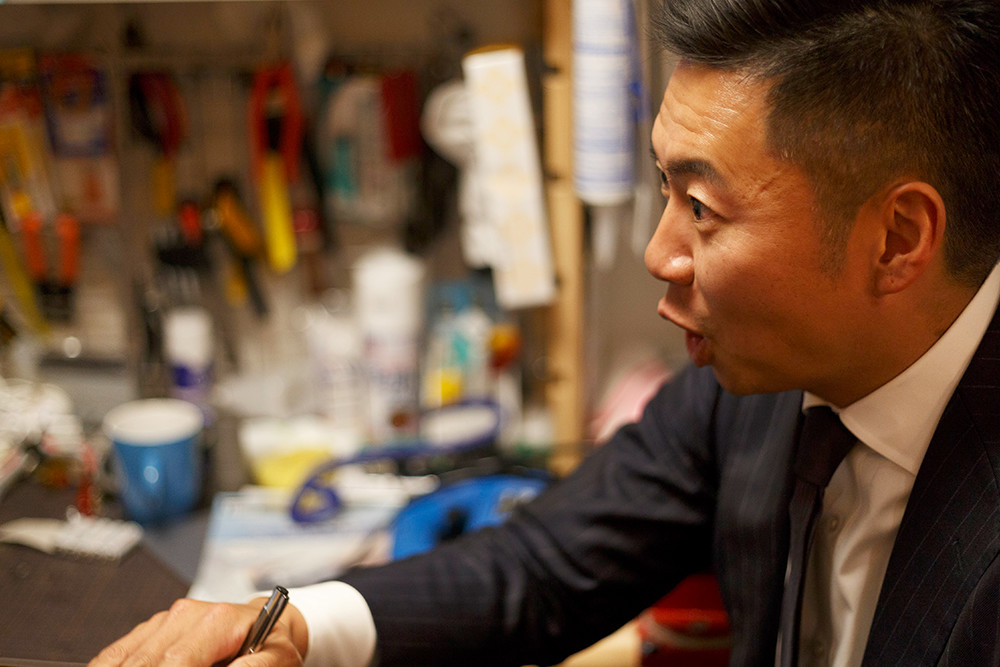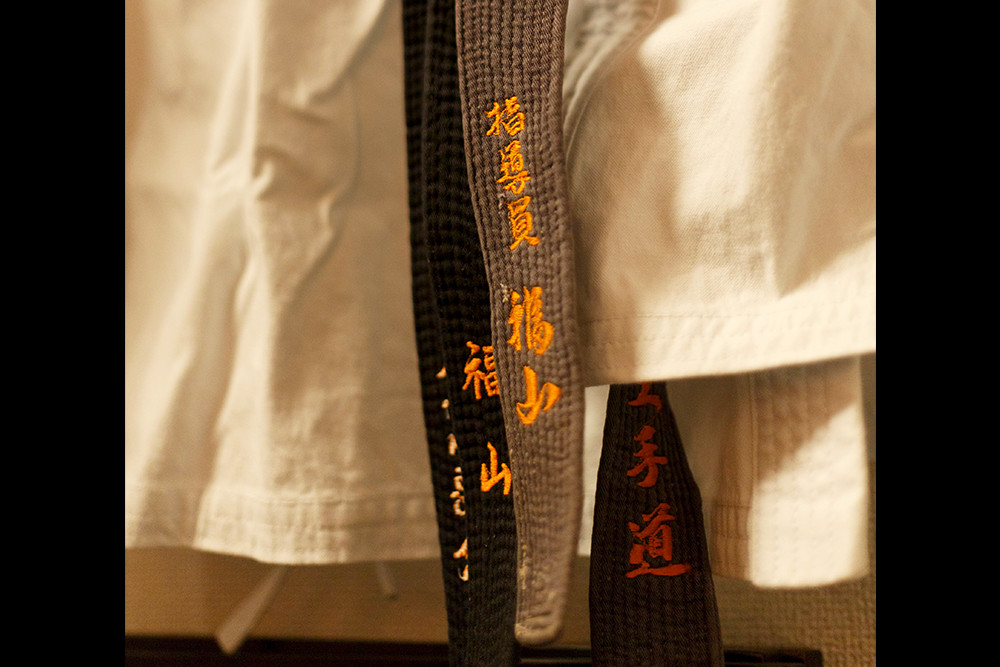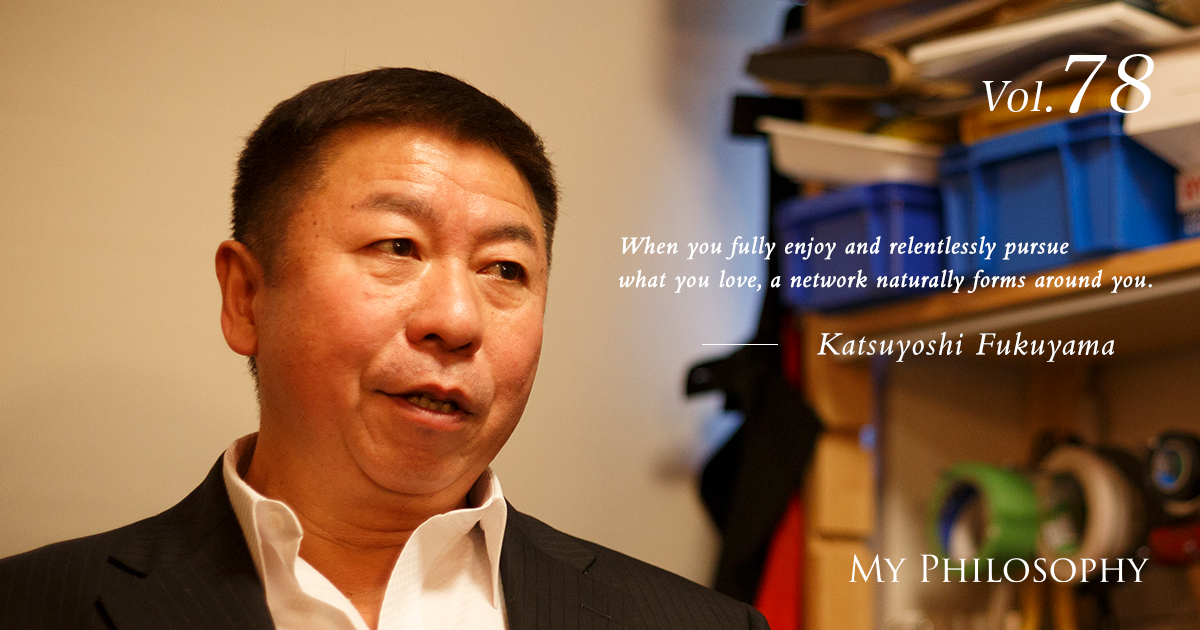
Katsuyoshi Fukuyama, an inventor and president of a fishing tackle company. Despite claiming that he's not proficient in English, he effortlessly travels abroad for both work and leisure, finding intriguing fishing gear and even establishing companies overseas, living life as a free spirit. We traced the origins of his inspiration.
Profile
Vol.78 Katsuyoshi Fukuyama
President and CEO of Gardner Co., Inc.
Born in 1959 in Fukuoka Prefecture, Katsuyoshi Fukuyama spent his youth devoted to karate, maintaining the lowest academic performance and enduring a student life where he was looked down upon by his teachers. After graduating from university, he moved to the United States to work as a karate instructor at the University of Hawaii. Though he attempted to start a business in the US, it failed, and he returned to Japan. He then went on to experience various careers, including professional karateka (practitioner of karate), elevator technician, and sales at a packaging materials development company. Later, he founded the fishing tackle company Gear-Lab Inc.and also established Gear-Lab USA Inc. in the United States. Passionate about creating things, he has filed 48 patent applications. Currently, as an "inventor for the betterment of society," he is dedicated to developing caregiving products.
The Foundation of “Giving It a Try”
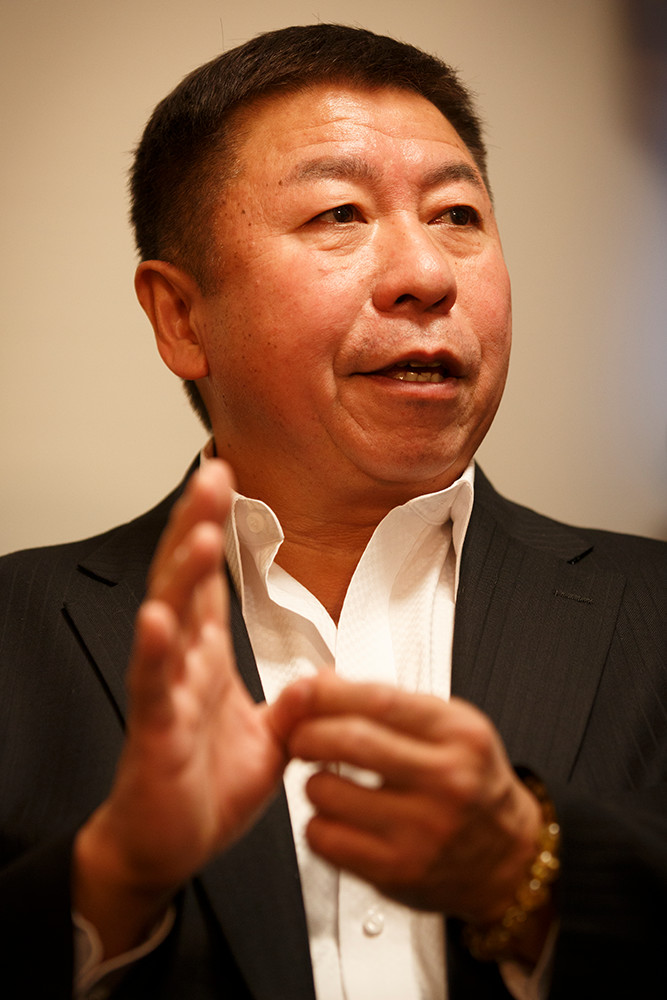
When I was in my third year of junior high school, I was robbed, and that made me want to become stronger, which led me to immerse myself in karate. There was someone at the same dojo who went to Los Angeles as an instructor, and I thought to myself, “I definitely want to be like that person.” While attending university, I participated in various karate competitions, including the All Japan Championships, where I once placed second. Since my mind was always focused on karate, I didn’t bother with job hunting.
I would frequently talk about wanting to go overseas as an instructor, and perhaps because of that, the karate association approached me with an offer: “How about going to Hawaii?” That’s how I ended up moving to the United States to work as an adjunct karate instructor at the University of Hawaii. One of my dreams had come true, but since I couldn’t speak any English, it was a huge adventure. However, rather than looking for reasons why something can’t be done, taking that first step forward opened up my life. It was a valuable experience that made me realize that.
Ideas That Arise for Survival
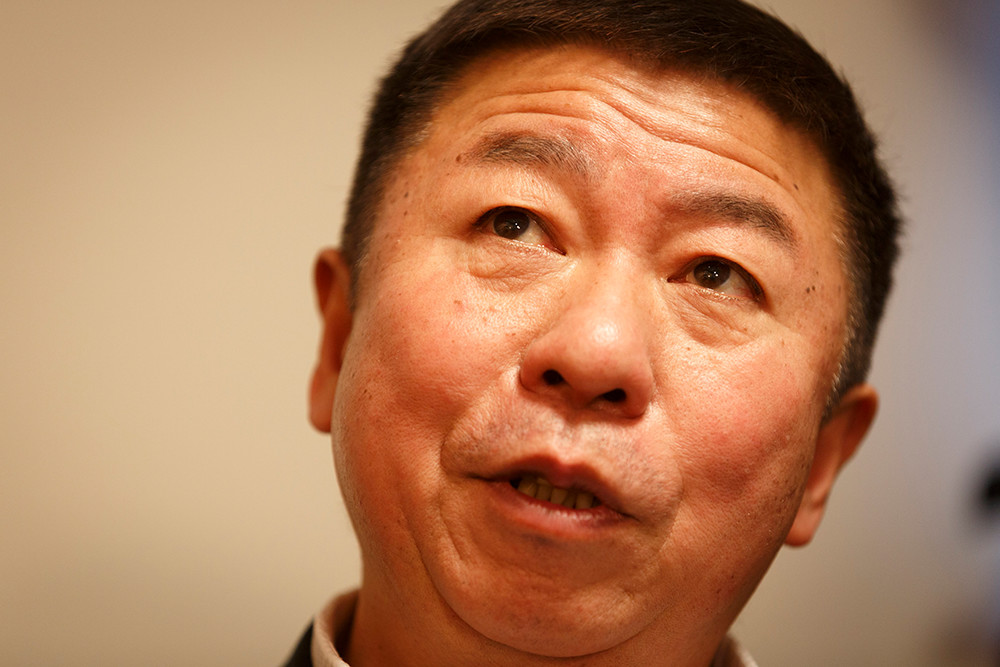
I worked as a karate instructor for three years, but during the last year, I took on a side job importing cars in parallel. That’s when an incident occurred. A Camaro I sent to Japan was stolen, and I never received payment. Although I borrowed money from a friend, it quickly ran out, and there was even a time when I was kicked out by a security guard while eating samples at a supermarket. At that young age, I felt like, “This is the lowest point of my life. I’ve hit rock bottom.”
It’s strange how people react in this kind of situation—when you fall to the bottom as far as you can, laughter starts bubbling up. When you laugh wholeheartedly, you feel a sense of release. You begin to see yourself objectively, and that allows you to think of ways to survive from a broader perspective. This was a turning point for me.
After returning from Hawaii, I worked for 12 years as a salaryman at a company that developed packaging materials. It was around this time that I started inventing various things within the company’s work and applying for patents. After I became independent, there were times when things didn’t go well, and I ended up in debt, but I managed to come up with new product ideas, develop them, and figure out ways to make money, allowing me to repay and cover those debts.
I believe that people inherently have the ability to survive, and they activate that ability when needed. In my case, that ability was invention.
Creating Something to Help Those in Need
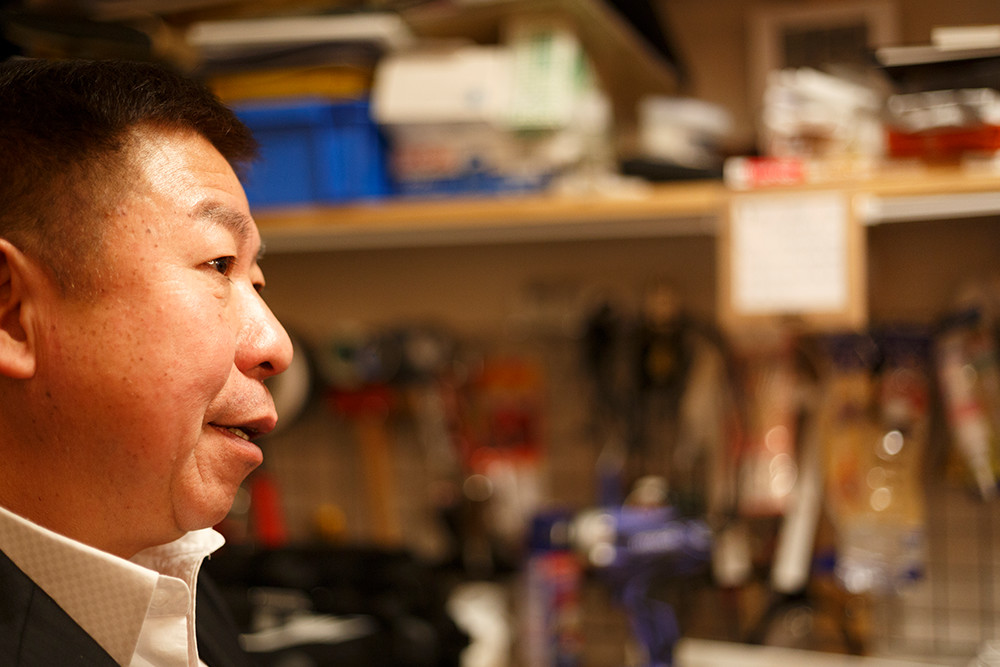
Five years ago, my father passed away from cancer. During his long hospital stay, what troubled him the most was being unable to wash his hair. It seemed as painful to him as the illness itself, and every time I think of him, my heart aches with regret that I couldn’t help him wash his hair more often. This became the inspiration for developing the “Room Shampoo.”
The first year was full of failures—drainage tanks depressurized and exploded, water overflowed from the showerhead, and every day, our office was flooded. There were days when I washed my hair up to 35 times a day. Everyone constantly caught colds, and all of the employees’ scalps were in poor condition. My family gave me strange looks, thinking I was up to another suspicious project. Gradually, as the product evolved and became functional, we tried it out. A barber with 50 years of experience said, “It feels better than I ever imagined!” Another barber commented, “This has a detox effect that lifts dirt vertically!” Their feedback was thrilling, but the road to commercialization was still far off. It was an emotional rollercoaster of an exciting year and a half.
When we finally completed a prototype made with a 3D printer, we exhibited it at a welfare products fair, and suddenly, we were flooded with inquiries from media outlets and welfare organizations nationwide. I realized that many people were in need of this product, so we rushed to bring it to market. However, the problem was funding. As I found myself persuading the bank, I thought, “Here I am, passionately speaking for the greater good—I’m not doing so bad.” When the loan was finally approved, and I was able to fully immerse myself in manufacturing, I felt as if divine intervention was at play.
The “Room Shampoo” is a unique hair-washing device that sprays water from a showerhead while simultaneously sucking up the dirty water, ensuring not a single drop spills. It allows people to wash their hair in just five minutes while lying down or sitting up, and with the addition of a sponge, it can even be used for full-body washing. I hope that this simple and affordable product can reach people all over the world who are struggling with such inconveniences.
Work with People You Like
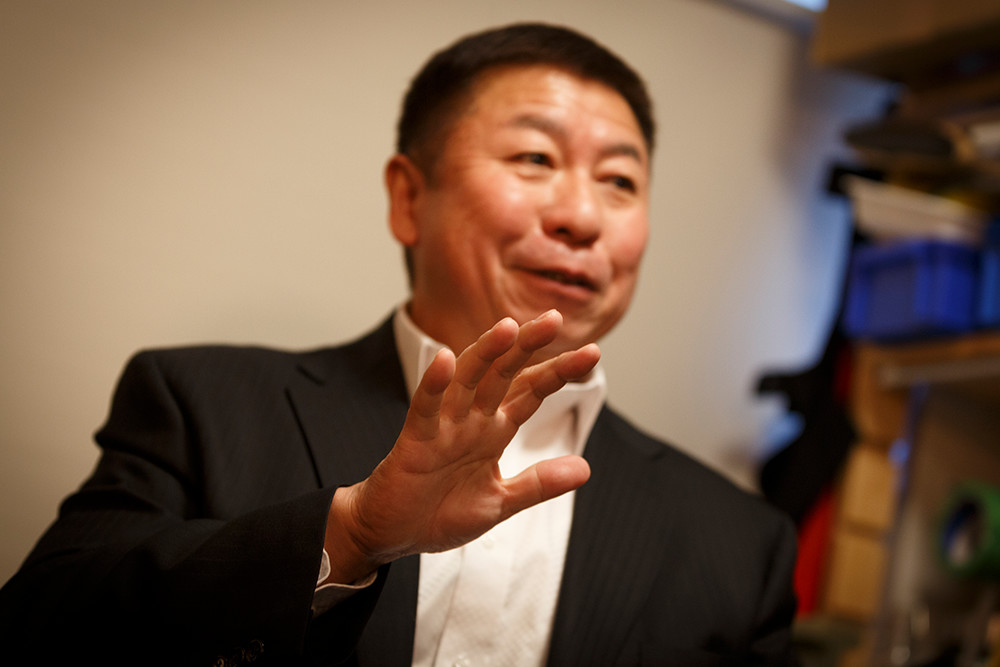
It all started when I happened to go fishing and had this gut feeling: “This is a world where I can thrive!” That intuition led me to fully immerse myself in creating products, and before I knew it, I had founded Gear-Lab, developing fishing gear that didn’t exist in the world. At first, I launched three or four new products a month, and they didn’t sell much. But I prioritized making a fun website and pursued my interests with complete enthusiasm and imagination. Without realizing it, 19 years had passed, and during that time, I built an “exceptional network” essential for creating products.
I always make it a point to drink with my business partners. There’s a solid reason for this. When you drink together, you get to know a lot about the other person. Based on that, I believe that working with people you genuinely like is the only condition for success. No matter what the work is, it can’t be done alone. There will inevitably be moments when you need help from others. If you don’t have truly trustworthy relationships in place, your business will hit a roadblock at some point. That’s why I choose partners who I can go out for drinks with—people I like. I believe that’s the most important thing.
Work Is the Same as Invention
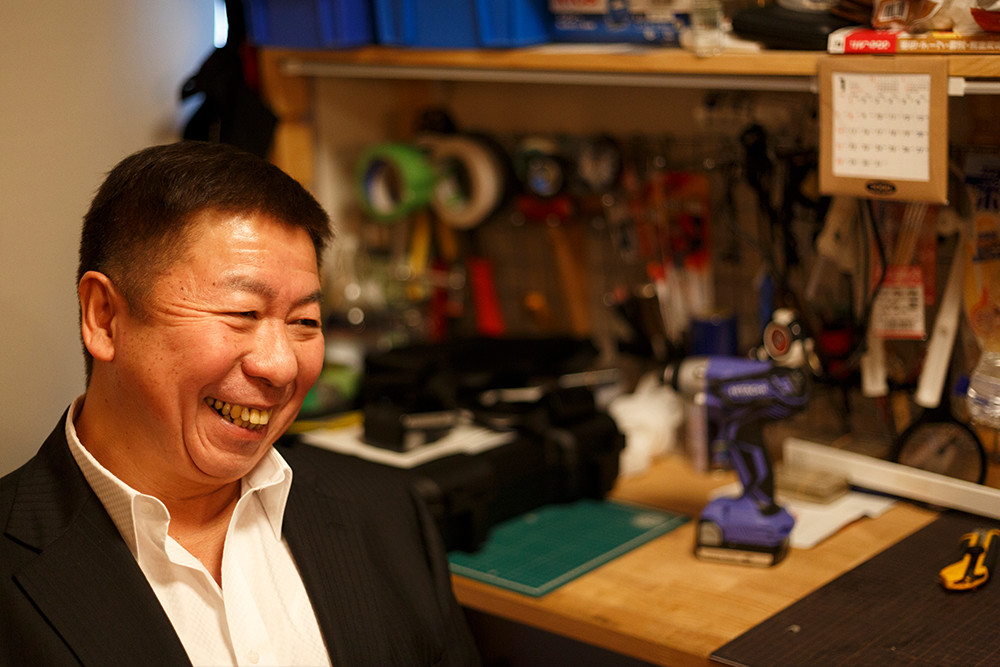
The mission of my company, whether it’s developing caregiving products or fishing gear, is simple: “Create happiness, joy, and comfort.” To achieve this, I believe “speed” is essential—the speed to sense the times, the speed to develop and commercialize products, and the speed to spread them to the world. With that, you can compete globally.
So far, I’ve filed 48 patent applications, but the essence of each invention is whether or not it benefits society. Just living with that perspective makes inspiration come naturally, and it makes me want to invent. I now strive every day to continue being an “inventor for the good of society.”
Work, much like the development and invention I do, is something that can always be created. If there are people who need it, it will surely lead to results. Creating something you’re passionate about with people you like is my philosophy of success. For me, work is the greatest joy in life, a grand passion. Moving forward, I want to keep immersing myself in what I love and only what I love.

My Philosophy” is a wonderful project aimed at energizing not only already vibrant individuals but also Japan as a whole. The editor-in-chief, DK Sugiyama, is a man full of power. He is action-oriented and assertive in his beliefs. Yet, his charm lies in the unique, refreshing way he draws people in. I believe many, including myself, are energized by him.
I think those who take action are the ones who succeed in life, and that success is proportional to the distance they’ve traveled. I have no doubt that a few years from now, DK Sugiyama will be creating a major movement, involving many people along the way. His dreams, thoughts, and ambitions will likely lead him to another interesting venture. It’s an enjoyable and delightful prospect.
Katsuyoshi Fukuyama,President and CEO of Gardner Co., Ltd.
It was a fun interview! We took a two-shot picture together in his development room, filled with all sorts of interesting things. I even borrowed a Stormtrooper helmet (laughs). Katsuyoshi Fukuyama, the inventor, has an energy that pushes through both the mud and the roughest waves. The passing of his father triggered the development of the “Room Shampoo,” switching on something inside him that told him he had to act. His passion for contributing to society is on another level.
As I listened to him, I realized that when you learn something, it’s essential to test your ideas and abilities in the real world, bridging the gap between subjective and objective values. I hope Fukuyama-san will continue to take action as an inventor developing products that benefit society. When it comes time to sell your inventions, leave that to me (laughs).
February 2018, at Gardner Co., Inc.Translated by ILI Inc.




